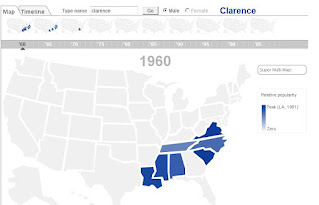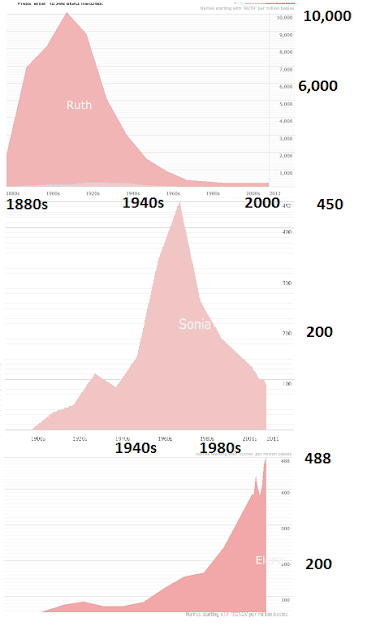 | |||
| Inheritance patterns for autosomal dominant condition. National Library of Medicine, Home Genetics Reference. |
Although the symptoms usually appear in people between 30 and 50, sometimes they come much earlier, even in toddlers.
According to the Huntington's Disease Society of America:
HD slowly diminishes the affected individual's ability to walk, talk and reason. Eventually, the person with HD becomes totally dependent upon others for his or her care. Huntington's Disease profoundly affects the lives of entire families—emotionally, socially and economically.A test for the Huntington's gene was developed in 1993.
Here are just a few of the legal issues that could arise:
- If someone is tested, will the results be kept private?
- If a parent tests positive, should the children be informed? Does it make a difference if the children are adults?
- Who should counsel patients who are tested?
- Should an employer be able to refuse to hire someone with HD, even if the symptoms may not manifest for decades?
- Should an insurance company base its decisions on a customer's HD status?
- Could a person with HD-related dementia be incompetent to be executed? (See Roach v. Aiken, 474 U.S. 1039 (1986) (Marshall, J., dissenting from denial of certiorari).
- In Washington, "health care information" that is protected from disclosure is defined to include genetic information. RCW 70.02.010(7) (the language about genetic information was added in 2002).
- In 2008, the National Conference of State Legislatures noted "Washington is the only state that explicitly treats genetic information the same as other health information by including genetic information in the definition of health care information under the state health privacy law."
- Researchers take note: you could search for "gene" or "genetic" and never find that definition, because the drafters used "patient's deoxyribonucleic acid and identified sequence of chemical base pairs" instead of "genetic information."
- Genetic counselors are licensed by the state. See RCW 18.290; WAC 246-825. National credentialing bodies are the American Board of Genetic Counselors and the American Board of Medical Genetics.
- In Washington, employers may not require applicants or employees to submit to genetic screening. RCW 49.44.180 (added in 2004).
- Federal law barred discrimination by employers and insurers. Genetic Information Nondiscrimination Act of 2008 (GINA) Pub. L. 110-233, 122 Stat. 881.
- An article about this statute opens with a hypothetical about a family at risk for—you guessed it—Huntington's Disease. William J. McDevitt, I Dream of GINA: Understanding the Employment Provisions of the Genetic Information Nondiscrimination Act of 2008, 54 Villanova L. Rev. 91 (2009), HeinOnline.
- Bills in Congress are aimed at improving access to Medicare and Medicaid for people with HD. Huntington's Disease Parity Act of 2011, H.R. 718, S. 648. (There hasn't been movement on the bills since February 2011.)
 |
| Kuszler and Mastroianni (UW Law), DNA diagram (National Library of Medicine, Genetics Home Reference) |



















